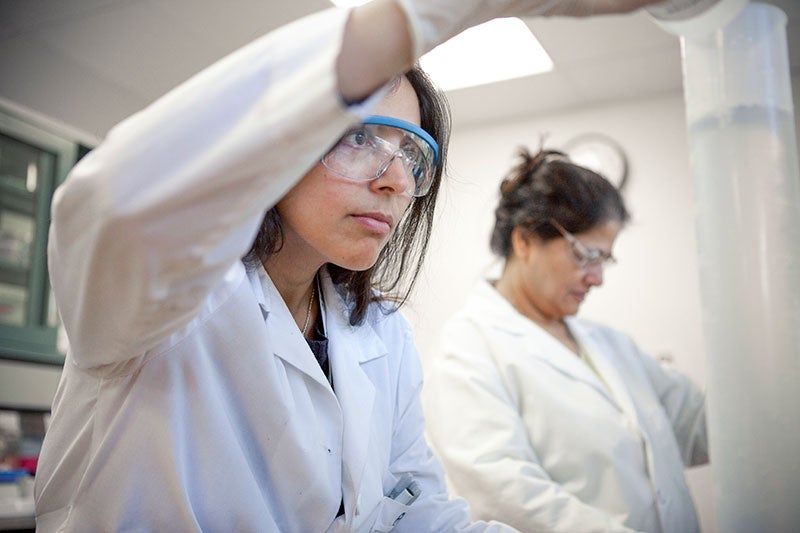PTC and Pfizer had formed a collaboration using PTC’s GEMS platform to target multiple oncology and cardiovascular targets. The research collaboration came to an end, but that doesn’t mean a scientist stops thinking about it.
PTC scientist Anu Bhattacharyya, senior director, biology / nucleotide repeat disorders, worked on the collaboration and couldn’t stop thinking about the brain and the diseases that affect it. She wanted to know more about the mechanisms that lead to neurological disorders so she invested in an atlas of the brain and studied it to learn more about the organ’s different regions and why they break down in some people.
The more she learned, the stronger her passion grew. She wondered whether she could harness her passion into something that might help people afflicted with Huntington’s disease, a fatal genetic disorder that causes the progressive breakdown of nerve cells in the brain. People with Huntington’s disease experience a deterioration of their physical and mental abilities during their prime adult years. The disease has no cure.
“This is a very exciting time for emerging research in the Huntington’s disease community, and PTC is committed to following the science to discover and develop novel small molecule treatments for patients with rare diseases.” – Anu Bhattacharyya, scientist
She built a business case that she believed would prove that a Huntington’s program could fit into PTC’s business goals and strategy of innovation, and, eventually, its splicing platform.
 “Huntington’s disease is a rare genetic disorder so it falls right into PTC’s sweet spot,” she said. “One appealing feature of Huntington’s disease is that it’s a monogenic disorder and the key culprit is a single expansion mutation in the huntingtin gene. That makes it an easier problem to tackle; we know the key cause of the disease, so targeting the expression of huntingtin is the most direct and efficient way of targeting Huntington’s disease.”
“Huntington’s disease is a rare genetic disorder so it falls right into PTC’s sweet spot,” she said. “One appealing feature of Huntington’s disease is that it’s a monogenic disorder and the key culprit is a single expansion mutation in the huntingtin gene. That makes it an easier problem to tackle; we know the key cause of the disease, so targeting the expression of huntingtin is the most direct and efficient way of targeting Huntington’s disease.”
With that thought in mind and a business case in hand, she walked into her boss’ office to pitch her idea, confident that it was the right thing to do. He agreed. Go for it, he told her. She got support from PTC’s leadership team even though resources were scarce and the company didn’t have a Huntington’s program. Combine that endorsement with the unmet medical need and the result is a recipe that led to PTC’s Huntington’s disease program, which recently announced a research collaboration with the CHDI Foundation.
“When I started to build the rationale for the discovery and development of this program, I didn’t know the Huntington’s research and patient community,” Bhattacharyya said. “Now, our relationships are strong and our discovery program is showing great promise to deliver an oral medication for Huntington’s disease. That is what can be accomplished at PTC.”